Filter by
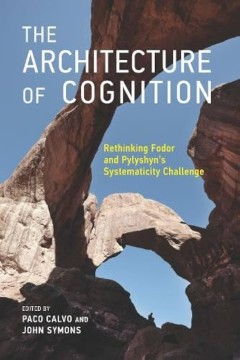
The Architecture of Cognition: Rethinking Fodor and Pylyshyn's Systematicity …
In 1988, Jerry Fodor and Zenon Pylyshyn challenged connectionist theorists to explain the systematicity of cognition. In a highly influential critical analysis of connectionism, they argued that connectionist explanations, at best, can only inform us about details of the neural substrate; explanations at the cognitive level must be classical insofar as adult human cognition is essentially syste…
- Edition
- -
- ISBN/ISSN
- 9780262322461
- Collation
- 1 online resource
- Series Title
- -
- Call Number
- -
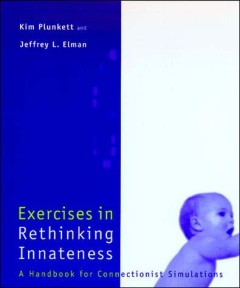
Exercises in rethinking innateness: A handbook for connectionist simulations
OCLC-licensed vendor bibliographic record.
- Edition
- -
- ISBN/ISSN
- 9780262287081
- Collation
- 1 online resource.
- Series Title
- -
- Call Number
- -
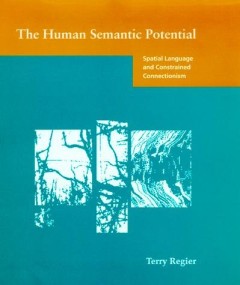
The human semantic potential : spatial language and constrained connectionism
"A Bradford book.""Drawing on ideas from cognitive linguistics, connectionism, and perception, The Human Semantic Potential describes a connectionist model that learns perceptually grounded semantics for natural language in spatial terms. Languages differ in the ways in which they structure space, and Regier's aim is to have the model perform its learning task for terms from any natural languag…
- Edition
- -
- ISBN/ISSN
- 0585032610
- Collation
- 1 online resource (xiv, 220 pages).
- Series Title
- -
- Call Number
- 100 REG h
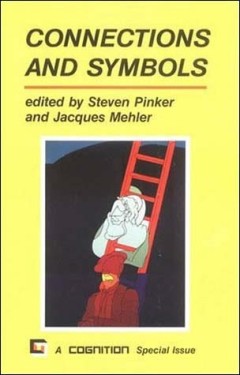
Connections and symbols
"Reprinted from Cognition ... volume 28 (1988)"--Title page verso."A Bradford book."OCLC-licensed vendor bibliographic record.
- Edition
- -
- ISBN/ISSN
- 9780262315852
- Collation
- 1 online resource (255 pages) :illustrations.
- Series Title
- -
- Call Number
- -
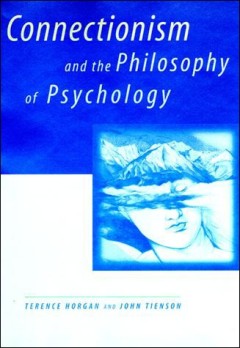
Connectionism and the Philosophy of Psychology
Human cognition is soft. It is too flexible, too rich, and too open-ended to be captured by hard (precise, exceptionless) rules of the sort that can constitute a computer program. In Connectionism and the Philosophy of Psychology, Horgan and Tienson articulate and defend a new view of cognition. In place of the classical paradigm that take the mind to be a computer (or a group of linked compute…
- Edition
- -
- ISBN/ISSN
- 9780262275675
- Collation
- 1 online resource (xiii, 207 pages) :illustrations
- Series Title
- -
- Call Number
- -
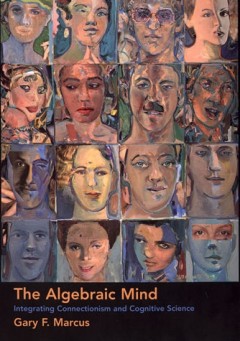
The algebraic mind :integrating connectionism and cognitive science
"A Bradford book."In The Algebraic Mind, Gary Marcus attempts to integrate two theories about how the mind works, one that says that the mind is a computer-like manipulator of symbols, and another that says that the mind is a large network of neurons working together in parallel. Resisting the conventional wisdom that says that if the mind is a large neural network it cannot simultaneously be a…
- Edition
- -
- ISBN/ISSN
- 9780262279086
- Collation
- 1 online resource (xiii, 224 pages) :illustrations.
- Series Title
- -
- Call Number
- -
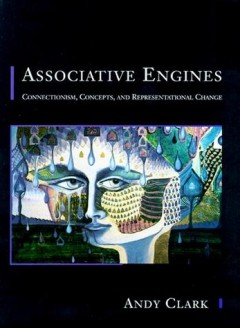
Associative engines :connectionism, concepts, and representational change
"A Bradford book."Connectionist approaches, Andy Clark argues, are driving cognitive science toward a radical reconception of its explanatory endeavor. At the heart of this reconception lies a shift toward a new and more deeply developmental vision of the mind - a vision that has important implications for the philosophical and psychological understanding of the nature of concepts, of mental ca…
- Edition
- -
- ISBN/ISSN
- 9780262270427
- Collation
- 1 online resource (xiii, 252 pages) :illustrations
- Series Title
- -
- Call Number
- -

Microcognition :philosophy, cognitive science, and parallel distributed proce…
"A Bradford book."Parallel distributed processing is transforming the field of cognitive science. Microcognition provides a clear, readable guide to this emerging paradigm from a cognitive philosopher's point of view. It explains and explores the biological basis of PDP, its psychological importance, and its philosophical relevance.OCLC-licensed vendor bibliographic record.
- Edition
- -
- ISBN/ISSN
- 0585002967
- Collation
- 1 online resource (xiv, 226 pages).
- Series Title
- -
- Call Number
- -

Rethinking innateness :a connectionist perspective on development
"A Bradford book."Rethinking Innateness asks the question, "What does it really mean to say that a behavior is innate?" The authors describe a new framework in which interactions, occurring at all levels, give rise to emergent forms and behaviors. These outcomes often may be highly constrained and universal, yet they are not themselves directly contained in the genes in any domain-specific way.…
- Edition
- -
- ISBN/ISSN
- 0585020345
- Collation
- 1 online resource (xviii, 447 pages) :illustrations.
- Series Title
- -
- Call Number
- -
 Computer Science, Information & General Works
Computer Science, Information & General Works  Philosophy & Psychology
Philosophy & Psychology  Religion
Religion  Social Sciences
Social Sciences  Language
Language  Pure Science
Pure Science  Applied Sciences
Applied Sciences  Art & Recreation
Art & Recreation  Literature
Literature  History & Geography
History & Geography